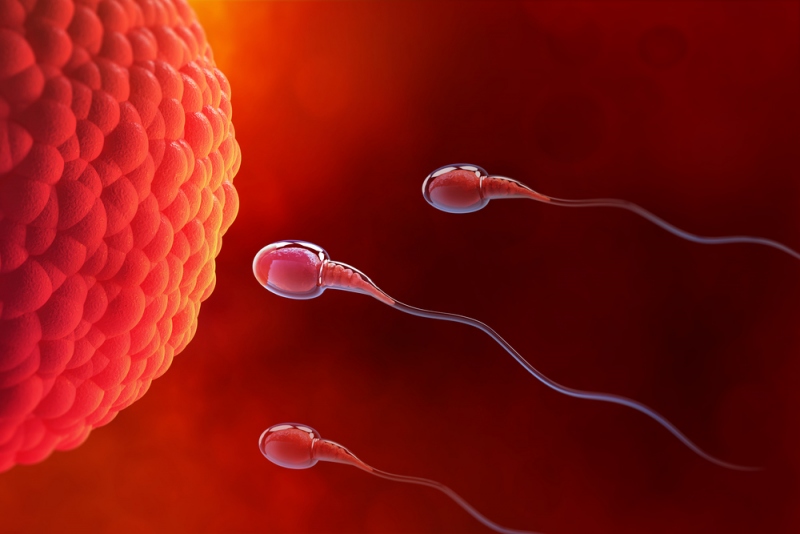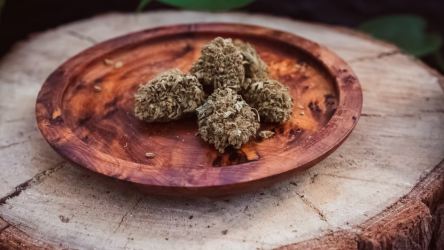
When you’re trying to get pregnant then one of the most important things you need to know about is Ovulation. As soon as you let people know you’re trying to start a family, people, whether they’re your doctor, your family or friends, will recommend you use an ovulation predictor kit, track your BBT or any one of a number of different methods that promise to tell you when you’re going to ovulate.
Why is ovulation so important and how can understanding it help you get pregnant? Today we’re here to help you understand.
The Fertility Window
There is a surprisingly short window of time in each fertility cycle when you can actually get pregnant. For pregnancy to occur, sperm have to encounter a fertile egg, and an egg is fertile for a maximum of twenty four hours after it’s released from the ovaries. It needs to be meet sperm in this time for you to have a chance at getting pregnant (if the sperm are in poor health or near the end of their active lifespan they may not be able to penetrate the egg, while if the egg is in poor health itself then even contact with sperm may not result in a viable pregnancy). Sperm, meanwhile survive for around four to five days in the body after ejaculation, so this means if you have unprotected intercourse in the four days preceding and one day after you ovulate, you stand the best chance of getting pregnant.
Knowing when you’re due to ovulate means you don’t miss one of these vital chances to try and conceive.
Predicting Ovulation
Identifying and predicting when you ovulate is harder than you might think. If you have a very regular cycle, it’s relatively simple: an ovulation predictor kit, or tracking your basal body temperature can help you identify it once and from them on, you just need to count the days until the next time.
Unfortunately, if your cycle is less regular, and especially if this is driven by unusual hormone levels, it gets much harder to predict and identify, which is a shame because it’s suddenly much more important! If you ovulate les frequently, that means you have less chances to get pregnant. You need to identify each one so you’re able to take advantage of it!
Measuring your basal body temperature lets you identify and predict ovulation independent of the hormone disruption that can render OPKs useless. Spotting the patterns of change in your core temperature that signal when you’re due to ovulate is even easier now that apps and specialist devices exist to take some of burden of the recording and interpreting the data.






